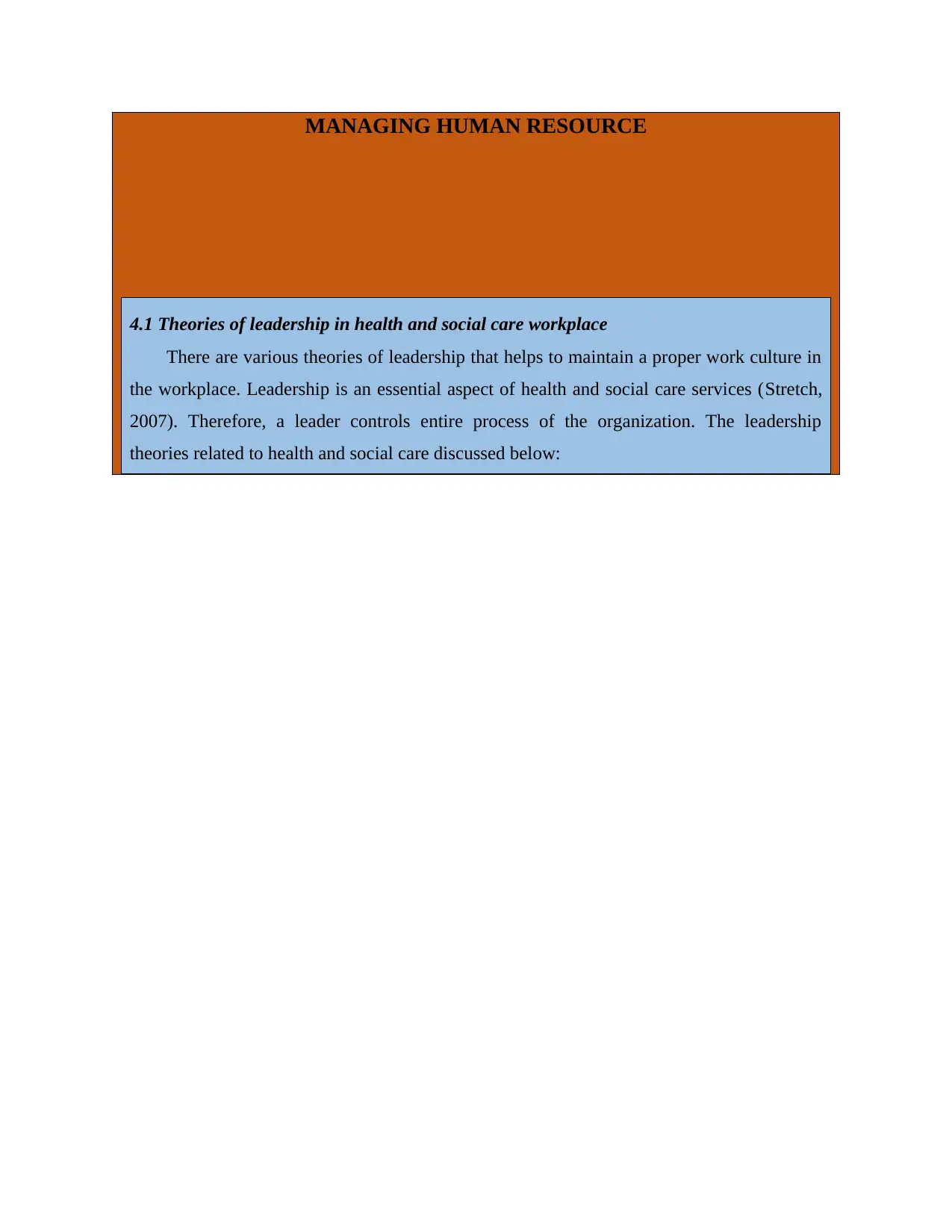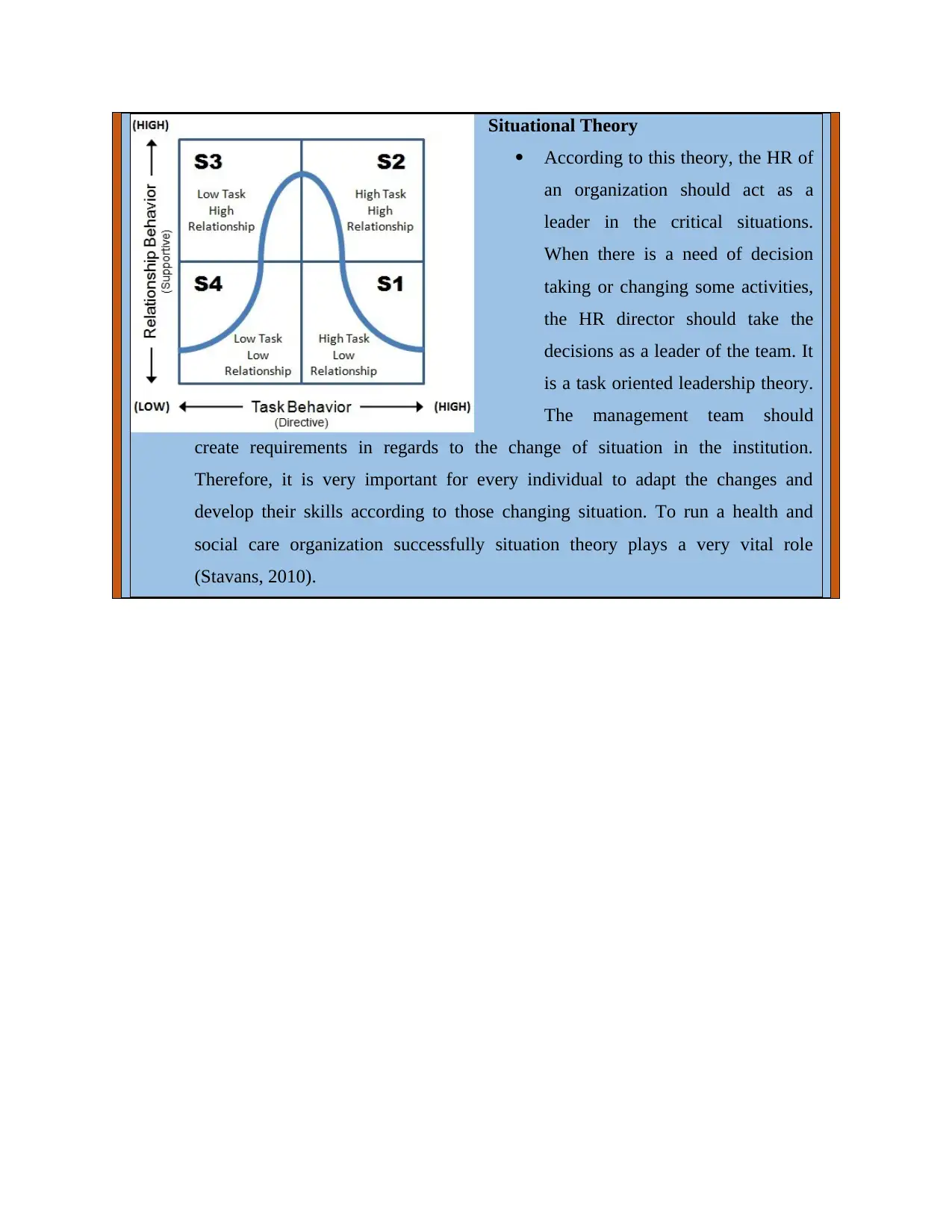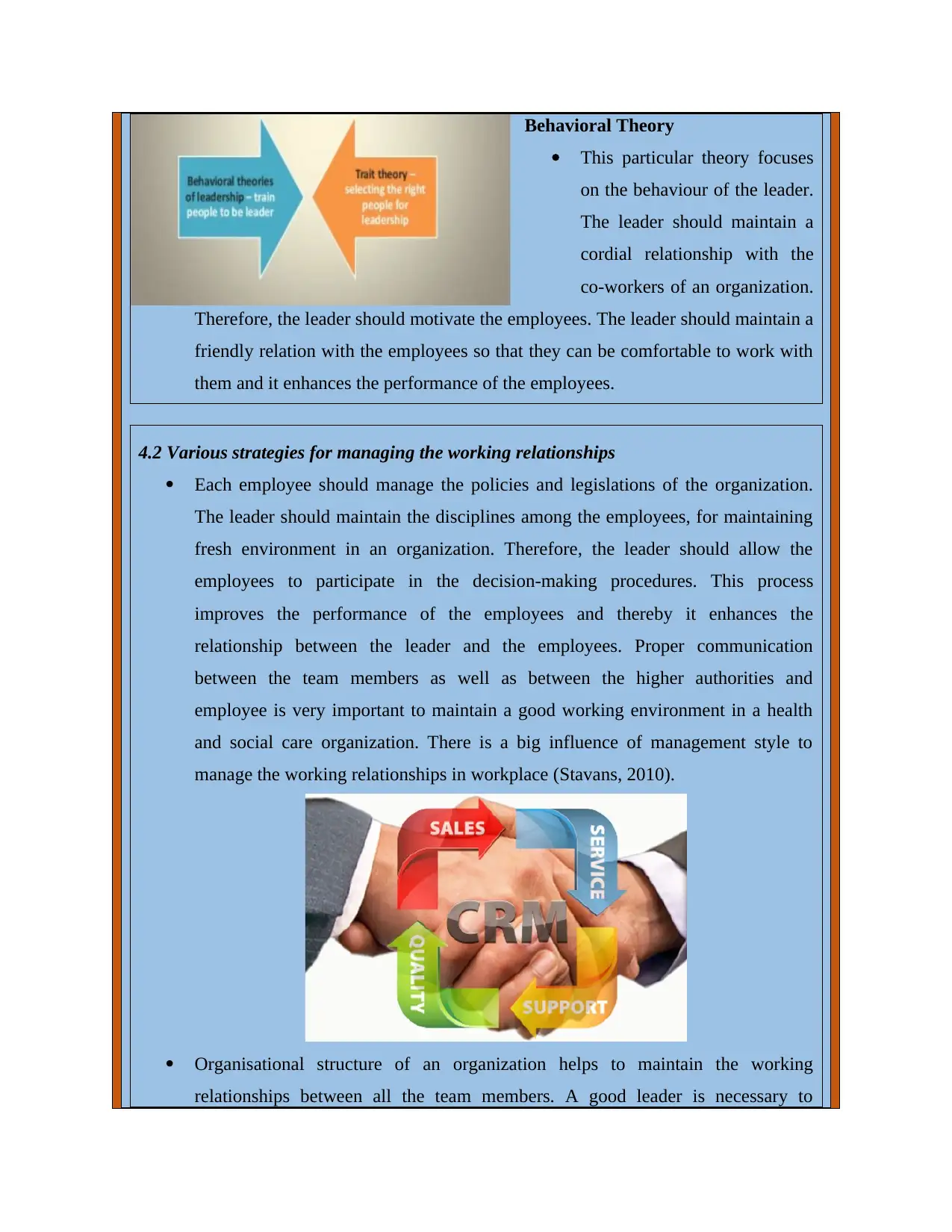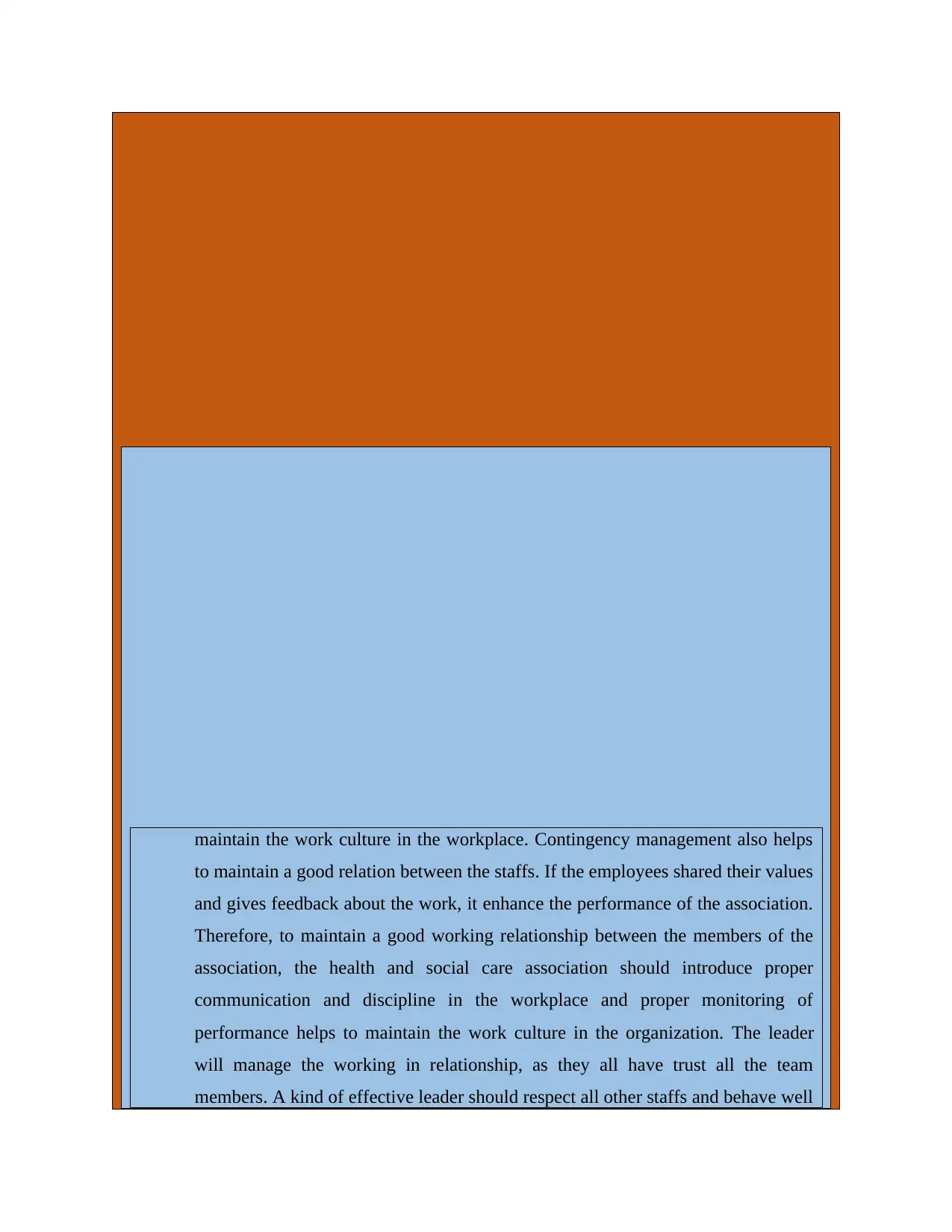Theories of Leadership, Strategies, & Impact in Health/Social Care
VerifiedAdded on 2020/02/03
|4
|929
|121
Report
AI Summary
This report explores various leadership theories essential for maintaining a positive work culture in health and social care settings. It examines the situational and behavioral leadership theories, highlighting their significance in decision-making, employee motivation, and fostering effective working relationships. The report emphasizes the importance of communication, discipline, and organizational structure in managing workplace dynamics. Furthermore, it analyzes the impact of individual contributions, such as improved communication skills and confidence, on the overall success of health and social care organizations, focusing on the implementation of safety policies and instruments to improve patient care and employee performance. The report underscores the necessity for employees to be skilled, hardworking, and disciplined to provide excellent service.
1 out of 4











![[object Object]](/_next/static/media/star-bottom.7253800d.svg)